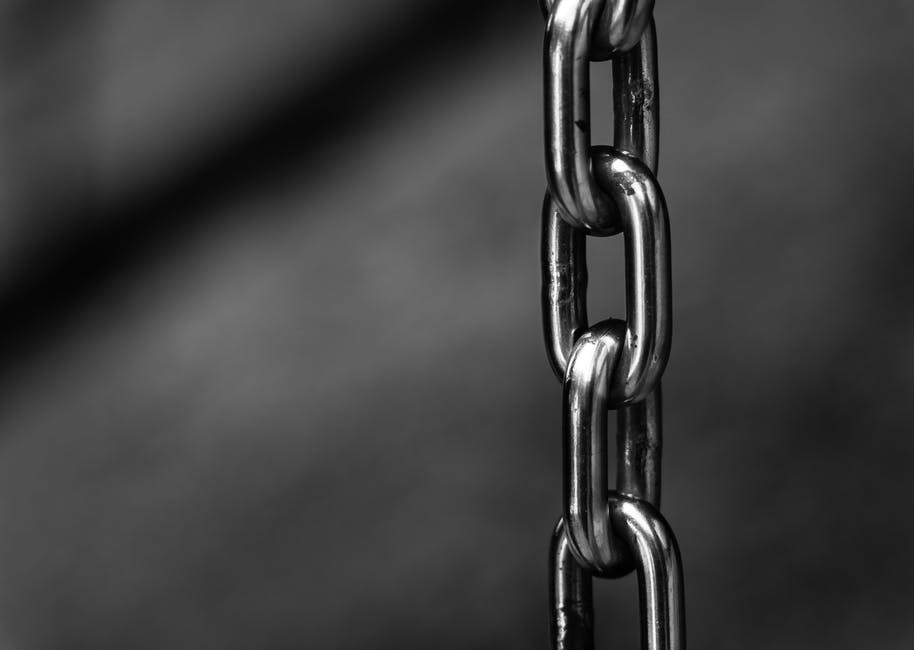People often wonder what why others seek the use of controlled substances and drugs like cocaine and why someone is unable to control their use of it. Addiction isn’t normally a cut and dry affair of simple choices and bad actions. People turn to drug use for a variety of reasons including stress in their personal life, dealing with depression, the allure of risky behaviors, etc. To assign a single reason to everyone who’s ever used cocaine is both naive and can be insulting to those trying to fight it’s addictive properties.
Cocaine’s Addictiveness
One of the reasons cocaine is addictive is due to the actual ‘high’ incurred upon use. Being a stimulant, one of the more prominent feelings are like that of an extreme intake of caffeine. In fact one of the reasons some people initially use cocaine is for the boost of energy it gives them. For some people, they report an increased ability to focus and ‘push through’ difficult lack of motivation for some activities. Because using cocaine also triggers increased dopamine in the brain, which are essentially neurotransmitters that are associated with pleasurable feelings, a feeling of ‘euphoria’ also accompanies the overall sensation of being ‘high’.
The feelings one experiences on cocaine can vary quite a lot depending on how it’s taken. Injecting it instead of snorting it can be accompanied with a near immediate chill or tingly feeling throughout the body. Those that rub it in their mouth will notice a ‘numbness’ in the area. In fact, cocaine used to be use as a local anesthesia in dentistry for this specific reason before it’s addictive properties were fully understood.
Coming Down

At Northbound, we work with patients to fight addiction to substances like cocaine to regain control of their life to live it how they want without the weight of addiction. Locations in Newport Beach, Seattle and St. Louis are staffed with experts on addictive behaviors and substance abuse so that patients can safely return to a sober life, free from the fear of a possibility of overdosing and other negative effects of drug use. Call a counselor today to discuss treatment and options at (866) 311-0003.
Author
-

President, CEO & Founder at Northbound Treatment Network
Paul Alexander is the CEO, President & Founder of Northbound Treatment Network in Newport Beach, California. He believes wholeheartedly in transformational leadership, organizational health and effective, fully integrated substance use disorder and mental health treatment. With over 27 years of experience in behavioral healthcare, Paul has extensive knowledge of “in vivo” treatment modalities, clinical development, operations, strategy, marketing and financial planning. He has been widely recognized for his development of collegiate-based residential treatment programs for students in recovery and authored a research study at The University of California confirming this modality’s effectiveness.
Paul’s comprehensive professional experience, willingness to innovate, and emphasis on organizational health are vital factors in Northbound’s continued success. Paul received his Certified Addiction Treatment Specialist training at Saddleback College in Mission Viejo, CA, and was awarded Outstanding Alumni Service Award in 2002. Paul holds a Bachelor of Arts degree in Criminology, Law and Society, Summa Cum Laude, from University of California, Irvine, and a Juris Doctorate degree from Loyola Law School of Los Angeles. Paul currently serves on The National Association of Addiction Treatment Providers (NAATP) board. In addition, he serves on The Family Recovery Foundation board and The CarePossible board in Orange County; both organizations are committed to raising funds for family recovery and treatment for former military personnel. Paul is in recovery himself and lives in Orange County with his wife Silvana and his two young sons, Noah and Dean.







